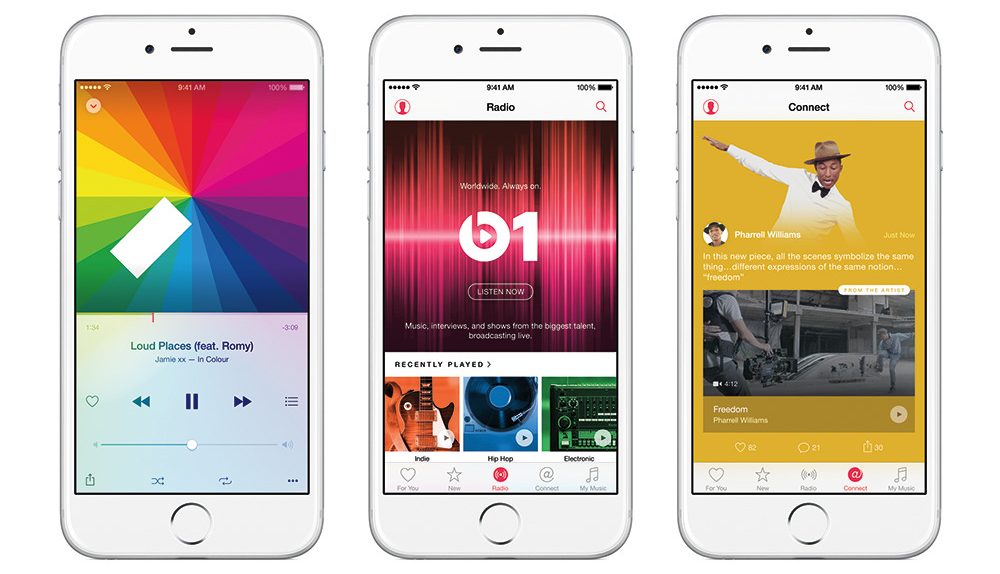Has Apple Music been a success so far? That’s difficult to determine so far but a new survey cited by The New York Post shows that nearly half of the iOS users who decided to give it a shot during the free trial period have already decided to stop using it even though the free trial period isn’t even up yet.
RELATED: Iconic Apple blogger declares Apple Music a ‘nightmare’ that he’s ‘done with’
The survey, which was conducted by MusicWatch, shows that 48% of early Apple Music users have given up on the service while 52% are still using it. Of those 52%, nearly two-thirds said they were “extremely or very likely” to start paying for the service once it starts charging them money. Assuming that this trend holds up over Apple’s reported 11 million Apple Music users, that would give Apple Music 3.8 million subscribers once the free trial ends.
That’s actually not a bad number, although MusicWatch managing partner Russ Crupnick says that it should be higher given Apple’s loyal and large user base.
“In terms of benchmarking Apple Music, 40 percent of iOS users are buying digital downloads from iTunes, suggesting trial of Apple Music could be higher,” he explains. “That’s the disadvantage of not being the first mover in a market where very good services currently exist.”
Apple is hitting back at this survey, however. In a statement given to The Verge, Apple says that 79% of the people who have signed up for the service still use it on a weekly basis. Whether this retention rate translates into paid subscribers, however, is still anyone’s guess.






